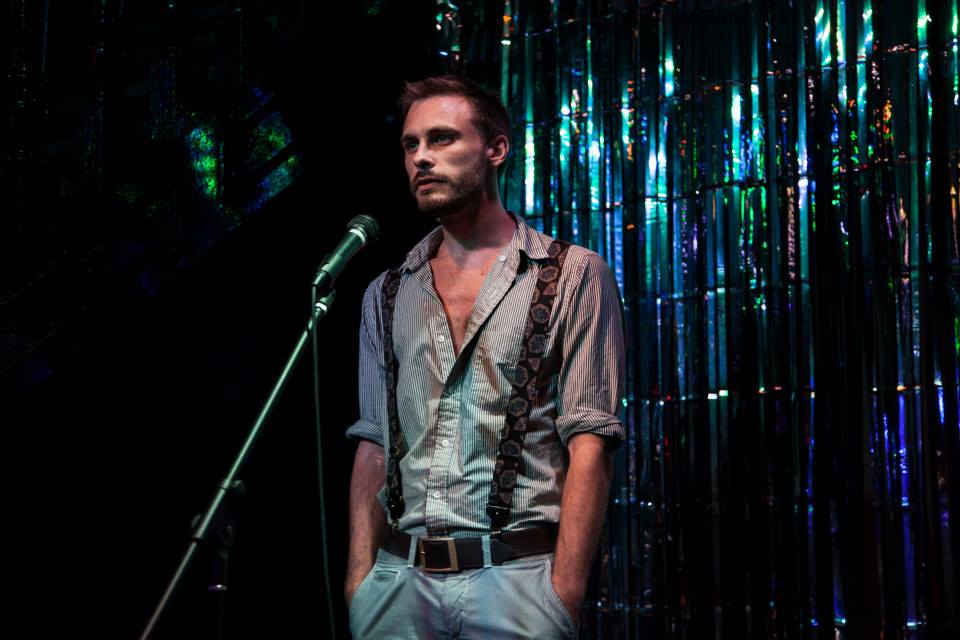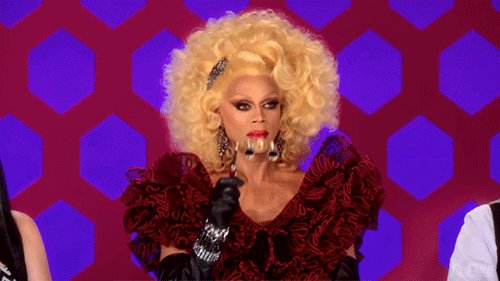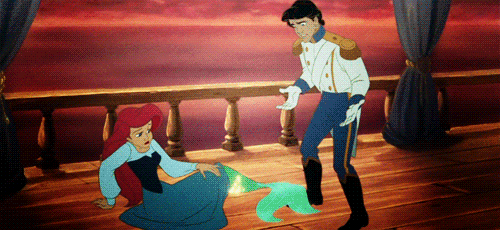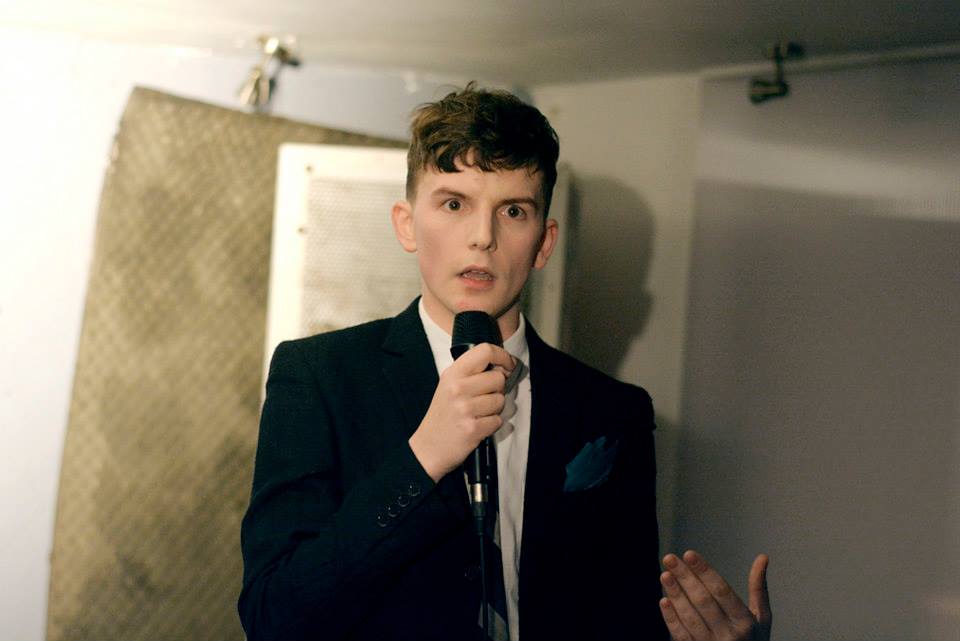Gay sex: getting to the truth of the matter

Ahead of this Thursday’s London forum ‘Let’s Talk About Gay Sex & Drugs – Truth‘, organiser Patrick Cash writes for Attitude about how, for gay men, having to hide the truth about who we are can have lasting consequences for our relationships and wellbeing…
The Carribbean girl working in Pizza Hut told us she ‘didn’t do blacks,’ but had to show us this dick pic. It was a truly massive schlong. When we’d told her we were LGBT activists, she’d said ‘each to their own’. But now she looked down at the gigantic cock on her phone as her grin slowly faded: ‘I still don’t get the gay sex though. Sorry.’

Darling, I didn’t point out the internalised racism appearing to psychologically affect your sex life, so you don’t have to declare to my face you’ve judged my sex to be literally beyond the realms of human comprehension. And, considering you’re not a gay man, there’s not a lot for you to ‘get’ – in any sense – anyway.
Our sex is the only thing that truly makes us homosexual: an adoration of Britney or being able to quote every one-liner in Golden Girls verbatim is simply a constructed cultural ethos of ‘gay’. Our sex is our truth. So when somebody tell us that they don’t ‘get’ our sex, they’re telling us they don’t ‘get’ us. Like all humans are human, but some are more human than others.

When everyone has an opinion on the way you have sex, often negative and occasionally involving fire and eternal suffering, it can feel a tad alienating. A recent RaRE Research report, commissioned by LGBT mental health charity Pace, finds that: ‘LGBT mental health is poorer than that of the mainstream population as a result of the impacts of heteronormativity on LGBT people’s lives.’
Heteronormativity is the assumed straightness of everyone from birth; the Prince Charming rescuing the perfect-haired Disney Princess narrative that is at our culture’s core. Which makes it confusing when puberty reveals you identify more with Ariel, or you want Prince Charming flat on his back, breeches around his ankles, legs in the air, smiling ‘ready’. This confusion can feel isolating, when the only sex and relationship education is heterosexual.

And socially, you’re in Mean Girls territory. A vortex of insecurities can make teenagers viciously cruel, preying on weakness, all slaves at the altar of ‘cool’. The last thing you want to do is declare ‘I’m gay’ in an environment where the very word ‘gay’ is synoymous with uncool. So you smother your sex, your truth, in bubblewrap. 34% of young LGB people have made at least one sucide attempt in their lives, according to the RaRE report.
One day you’ll gloriously release your sexuality, but that bubblewrap may still be stagnating inside. Those bubbles will continue to be popped throughout your life, perhaps with a throwaway comment from a stranger in Pizza Hut. It affects your self-esteem.
‘When we feel isolated and misunderstood it’s hard to contain difficult emotions we may experience,’ says psychosexual therapist Dorota Mucha, who’s worked with many gay men at Soho clinic 56 Dean Street.
‘This often manifests itself through sexual compulsivity which then can lead to several problems. Sex is used as a discharge, to release difficult emotions and frustrations. The mind disengages from the body, which is used as an incubator for internal conflicts and repressed feelings which can be acted out through sexual activities. Often, when having sex we are not at all horny, we’re not even attracted to people we are having sex with, but (as many of my patients say) ‘we can do it anyway’. We misuse sex. We deprive it from intimacy.’
This issue of intimacy aligns with David Stuart’s theories of why we’re witnessing such a rapid and harmful rise in many gay men using chems such as mephedrone, GHB and crystal meth for sex. When you’ve hidden away your truth in your most formulative years from your loved ones, ‘that’s the exact opposite of intimacy’ he says. Disinhibiting drugs can temporarily release these complications around sex.

Until the shackles return with Tuesday’s comedown:

How do we tackle these issues in a more lasting, mentally healthier manner? “Talk, talk, talk!” says Dorota. “Share your experiences, voice your thoughts. Everyone’s contribution is extremely important for the changes to crystallise.” The RaRE report repeatedly identifies speaking as a resilience and recovery factor in improving gay men’s mental health.
Hence ‘Let’s Talk About Gay Sex & Drugs’, an open communication forum for anybody to attend in London where everyone’s welcome to speak. Our theme this Thursday 9th April is ‘truth’ and in addition to the open-mic at the event’s heart, we’ll have five featured speakers addressing the subjects:
PAUL FLEMING, Director of Fundraising and Communications for Positive East.

JOE SUTHERLAND (above, photo by George Sydney), brilliant young gay comedian.
ADRIAN HYYRYLAINEN-TRETT, the prospective Lib Dem MP for Vauxhall who recently spoke about his own battle with drugs and HIV+ status, stemming from homophobic bullying.

ALEXANDER CLIFSHAW (above, photo by Manu Valcarce), spoken word poet.

TINA GURNER (above, photo by George Sydney) The dragged-up Tina Turner of the East End sings us out into the night…
‘Let’s Talk About Gay Sex & Drugs – Truth’ is on Thursday April 9 at London’s Ku Klub (30 Lisle Street, Chinatown, WC2H 7BA) from 6.30pm. Free entry.
WORDS BY PATRICK CASH.
